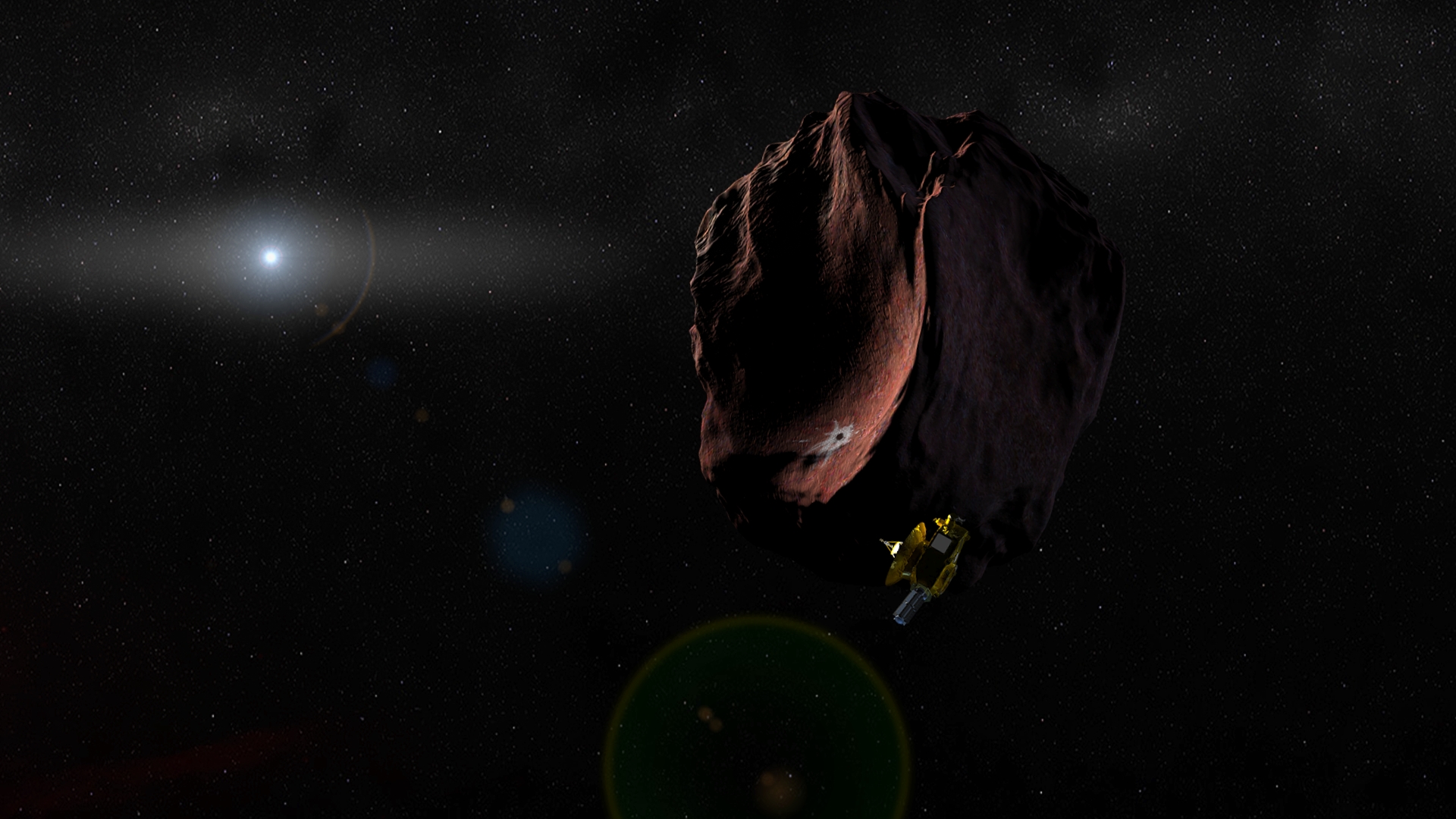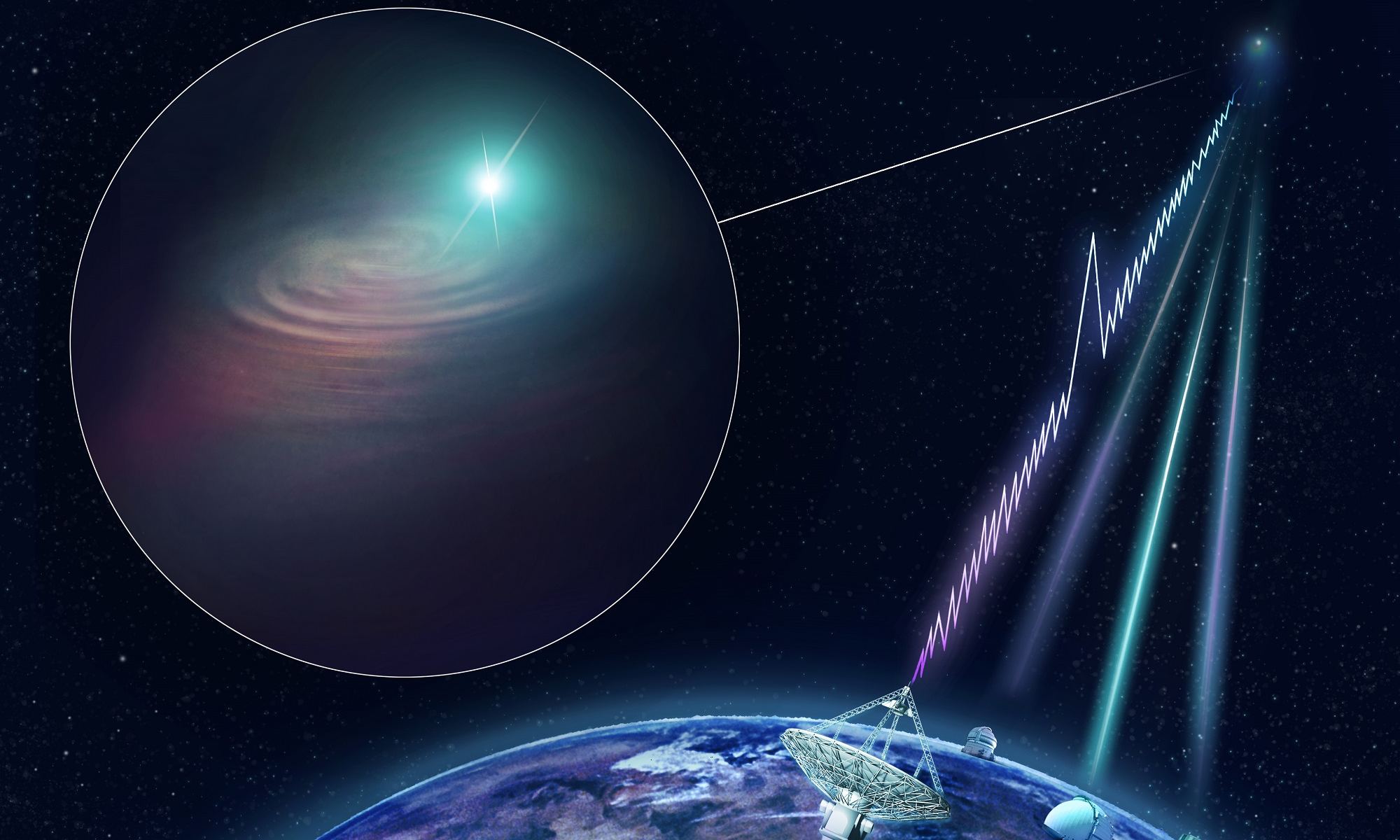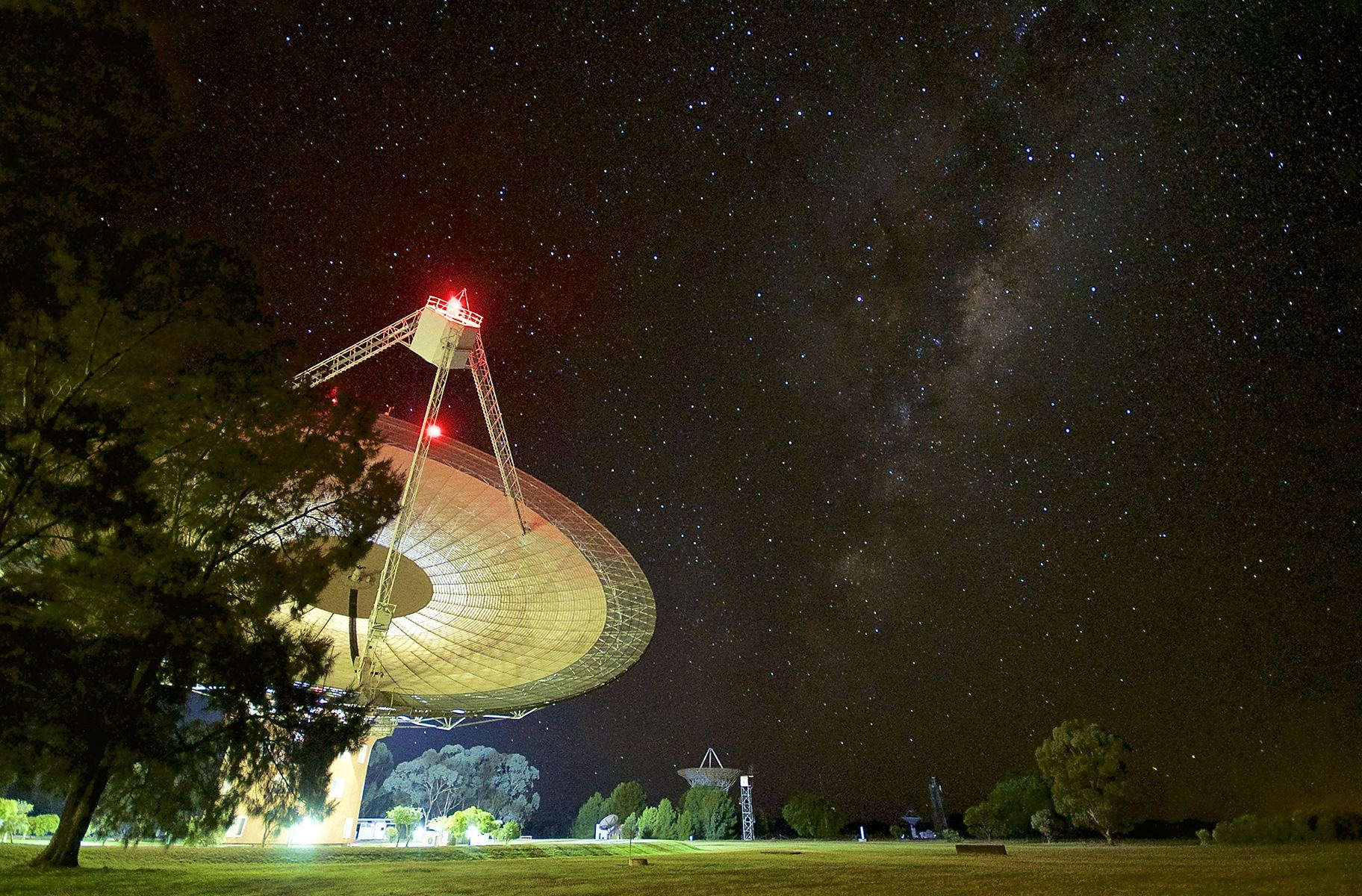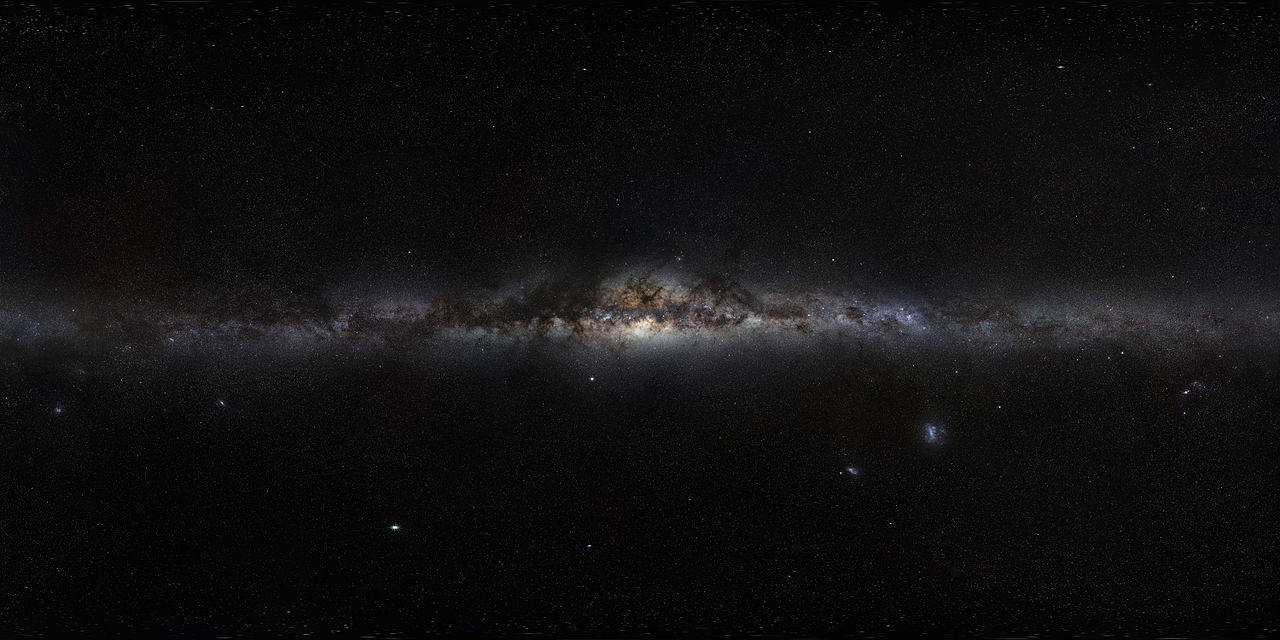Science fiction is the realm where people traditionally wrestle with the idea of contact with an ETI (Extraterrestrial Intelligence.) But now, those discussions are migrating from science fiction into more serious realms. Academics are going back and forth, one paper at a time, concerning the response and geopolitical fallout from potential contact with an ETI.
The discussion is interesting whether you think it’s likely or even remotely possible that humanity ever contacts an ETI. And it might tell us more about humanity than it does about an ETI.
Continue reading “How Should the World’s Governments Respond if We Detect an Alien Civilization?”








